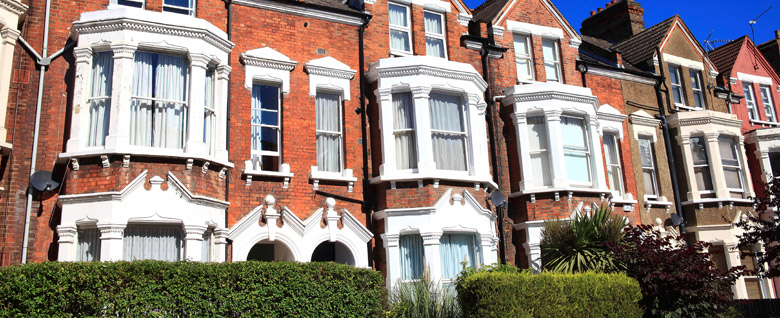The effects of the Covid-19 pandemic on indoor visiting for care homes has made the news again in recent weeks as the government introduced measures to allow care home residents one visitor, as a part of the easing of lockdown restrictions in England designed to protect clinically vulnerable and elderly residents.
It is a well-known fact that the UK population is ageing and this has resulted in a sharp increase in the number of people who are required to move into residential care.
According to MHA Charity, there are now 3.2 million people aged 80 or over, and in excess of 418,000 “older” people living in care homes in in England and Wales. As such, it is not surprising that there is widespread fear amongst the UK population at the prospect of having their assets (including their home) depleted should they have to fund their own care later down the line.
Whether or not you will be required to fund your own care will be determined by way of a means tested financial assessment conducted by the local authority. The current capital threshold is £23,250 meaning that if you have assets over and above this level (including pensions, investments, savings etc.), you will likely have to self-fund. If your capital is below this threshold, you may be eligible for partial or full funding from the local authority. Other exemptions may apply meaning that you do not need to fund your own care, for example if you are entitled to funding under S117 of the Mental Health Act.
If the local authority take into account the value of your home when you are assessed may also depend on factors such as whether the property is also occupied e.g. by a partner or an elderly relative. These factors are assessed on a case-by-case basis.
If the value of your property is included in the financial assessment, you could think about entering into a deferred payment arrangement (DPA) with the local authority in order to delay selling your home. The local authority will defer the costs of your care by securing a legal charge against the property so that they can ensure that their costs are recouped at a later date. Quite often, the DPA will last until you pass away and the costs are then repaid from your estate when the property is eventually sold.
Whilst methods such as a DPA can eliminate the risk of your property being sold during your lifetime, these will do little to help secure any inheritance which you intend to leave for your children. It is important to consider seeking advice as to protecting your home as care fees continue to rise if you intend to preserve at least some inheritance for your family.
Some examples of ways in which we can assist in mitigating the risk of your assets being depleted by costs of care in the future are:
- Lifetime gifts of your assets
- Transferring your property into trust
- Property protection trust Wills
In some circumstances, the local authority can seek to reverse a transaction if they consider that you have deliberately deprived yourself of the asset in order to avoid funding your own care. If you are thinking about taking steps to protect your assets against the costs of care, it is important to seek advice before doing so.
If you would like to discuss how we can provide advice and assist with protecting your assets against the costs of care, please contact our team on 0161 696 6238.




Comments